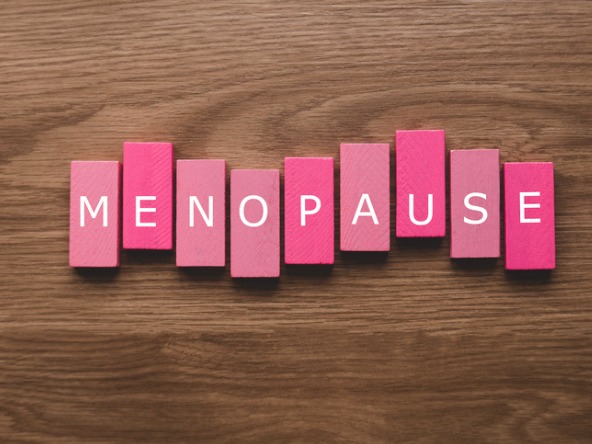Research can challenge menopause assumptions

There has been a huge amount of media attention on the experience of the menopause in recent months, after what some might consider a previous desert of debate on the subject. Many companies are beginning to make progress on diversity and inclusion issues and this now includes offering menopause policies in the workplace. To better understand some of the issues, we teamed up with menopause support provider Over the Bloody Moon to produce Redefining the Menopause, a report which takes stock of women’s experiences in 2022 and tests assumptions.
What our research has shown is that we as businesses, brands, policy makers and employers are not as far ahead as we think we are. While the conversation around the menopause has come a long way in recent years, and extensive work has been done by campaigners to increase awareness and encourage women to access support if they need it, we found that peri-menopausal and menopausal women still feel poorly represented and underserved.
There’s a clear role for market research to play in changing this picture. As market researchers our aim is to guide businesses so they can make informed decisions based on data and evidence, not assumptions. In the report, we used research to challenge perceptions of what the menopause looks like and to encourage brands to better support and speak to this group.
Brands have a big part to play in changing both the conversation and depiction of the menopause. Nowadays, businesses are expected to do much more than just sell products – people expect them to deliver wider societal good. Brands have proven they have the power to do that – just think of Bodyform’s campaign to normalise menstruation and talk about ‘period products’ rather than the euphemistic ‘feminine hygiene’ in stores.
That same level of attention and understanding needs to be given to talking about the menopause. And our research shows us that this is exactly what women experiencing the menopause want. Two thirds of these women feel that brands aren’t doing enough to support them, and 76% don’t feel represented at all by brands’ marketing or advertising.
This is a group which represents significant influence and spending power. It’s not just that brands can help to shift the cultural conversation around menopause – it’s also beneficial commercially.
There’s not one menopause
The most notable finding from our research was that there is significant nuance in how women experience the menopause. People typically assume that menopause is something only older women go through, and that it’s all about hot flushes. We found that difficulty sleeping and night sweats were the most common symptoms, but actually an incredibly broad spectrum of experiences exist. When it comes to age, women as young as 30 can be menopausal.
This is important in how we inform businesses looking to speak to this group. Companies need to make sure they’re not assuming that they know everything about the menopause – and that this diversity of experience is reflected in advertising, marketing and the services and products being offered. It’s not just about hot flushes – in fact, the biggest impact on the women we surveyed was connected to feelings, mood and self-confidence.
Advancing the conversation
By understanding this self-confidence issue, businesses can help to address it through better representation in advertising. Aspirational advertising is an important way of showing more diverse lifestyles and empowering people. It’s not about defining this group exclusively by their experience with the menopause – it’s about making all women feel seen and heard. Done right, brands have the power to influence the way people see themselves.
‘Done right’ is less complicated than brands may think. It simply comes down to having good data and using it to drive decisions. The starting place has to be – as we did – talking to women going through the menopause about their lived experiences, how they can be supported and how the menopause can be addressed sensitively and authentically. From there, businesses have a greater appreciation for the fact that menopause has a diverse but significant impact for many women, enabling them to reflect this back in a way which demonstrates understanding, sensitivity and respect.
Educate and empower
Businesses absolutely have the potential to empower people – particularly those who are often overlooked – and raise awareness of particular issues. The responsibility for supporting women and signposting them to resources which may help doesn’t just sit with brands – and indeed a healthcare professional should always be a first point of call.
But the fact that the majority of menopausal and perimenopausal women we surveyed felt that they weren’t represented at all by brands illustrates just how important good market research is for businesses to understand their audiences and challenge assumptions. Researchers are the key to businesses understanding specific segments of the population and being able to build connections with them authentically in a way that’s good for society and good for business.
Helen Rowe is a brand consultant at Kantar

We hope you enjoyed this article.
Research Live is published by MRS.
The Market Research Society (MRS) exists to promote and protect the research sector, showcasing how research delivers impact for businesses and government.
Members of MRS enjoy many benefits including tailoured policy guidance, discounts on training and conferences, and access to member-only content.
For example, there's an archive of winning case studies from over a decade of MRS Awards.
Find out more about the benefits of joining MRS here.













0 Comments